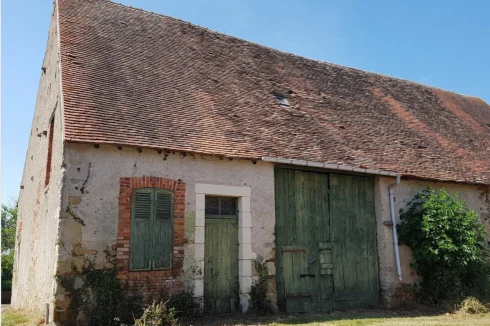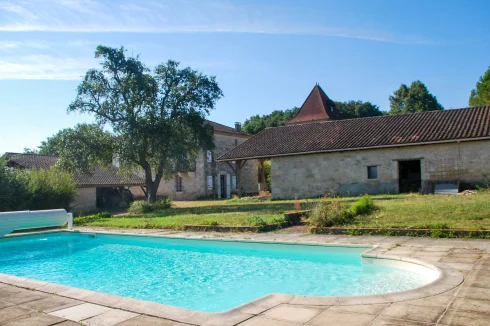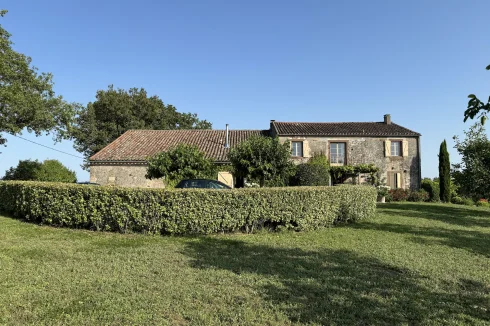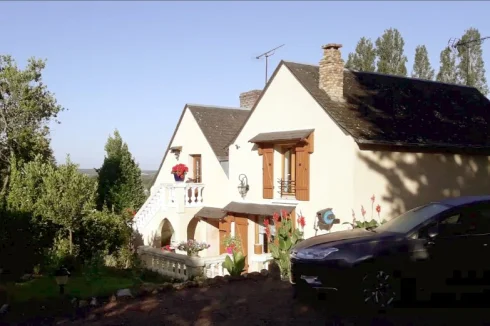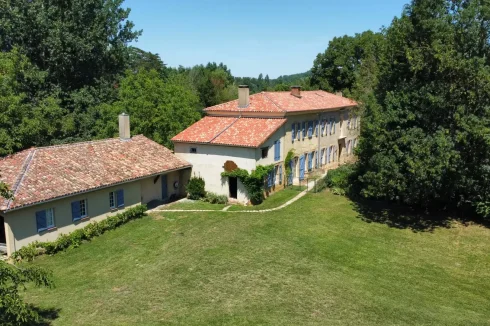'Vices Cachés' - Hidden Defects in French Properties
Tuesday 04 August 2009
What are your rights if you find previously unknown major defects with the property following sale completion?
It is, of course, the nightmare we all dread. Having found your perfect dream home in France, you move into it only to find that the condition of the property is significantly worse than anticipated.
George and Alexandra Mortimer in the Landes found exactly than when they discovered serious water penetration into several rooms in the house, notably the basement and living room.
'We raised the matter with the previous owners, who denied there was a serious problem; the particulars of the property provided no information on its condition, and the notaire also considered that as we had purchased the property en l’état (in condition as seen) then there was nothing he could do.'
Well possibly, but the law on this issue is not quite as clear cut as the notaire indicated.
In general, it has to be said that the principle of ‘caveat emptor’ (buyer beware) applies as much in French law as it does elsewhere.
However, in France the seller has an obligation to disclose to the buyer all important information concerning the property.
There is nothing in French law that states precisely what must be disclosed by the buyer, save that the information must be something of a profound nature, of which the seller was aware at the time of the sale, and about which, if the buyer had known, they would not have proceeded with the purchase, or would have offered a lower price.
In particular, the seller is obliged to disclose any ‘hidden defects’ (vices cachés) in the property.
If they do not do so, then it is possible for a court of law to annul the sale, or at least reduce the price paid by the purchaser.
Notaires sometimes seek to limit the use of the vice caché protection by a standard exclusion clause the in the sale contract.
In practice whether a court of law would uphold this clause would depend on the circumstances of the case. If the court considered that the buyer had been deliberately misled by the seller, then they could annul the clause.
Indeed, this is precisely what has happened in a number of important court cases, although in other legal decisions the clause has been upheld. It all depends on the circumstances, notably whether the seller acted in good or bad faith.
Our advice to all buyers is that you should press for the removal of this clause in the sale contract. The seller may well object to you doing so, but if they do, then their motives for doing so need to be questioned.
You should certainly be hesitant about accepting to buy en l’état unless you fully understand what you are buying.
Ensure also that any important clause on the condition of the property that may have been included in the sale contract is transferred over into the conveyance.
There are particular guarantees on a house constructed within the last ten years, and there is additional protection if the seller is a property professional - property dealer, property developer or builder - as their own disclosure obligations are more prescribed. Property professionals cannot use the vice caché clause.
Estate agents also have a legal obligation to provide advice to the seller, but you will find few willing to say much in writing!
You can read more about the statutory disclosure obligations of sellers in our guide to Contract Conditions when Buying Property in France.
Thank you for showing an interest in our News section.
Our News section is no longer being published although our catalogue of articles remains in place.
If you found our News useful, please have a look at France Insider, our subscription based News service with in-depth analysis, or our authoritative Guides to France.
If you require advice and assistance with the purchase of French property and moving to France, then take a look at the France Insider Property Clinic.
